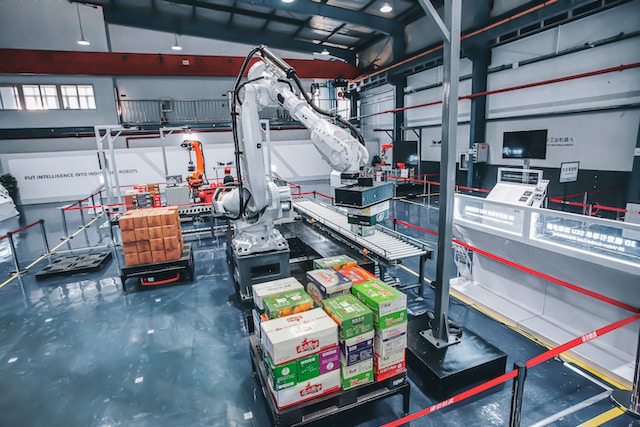In a world where environmental concerns and social responsibilities are increasingly at the forefront of consumer minds, businesses are finding that sustainability is not just a buzzword, but a necessary path to success. Each major leg of a business model can benefit from considering its relationship with the environment, from finding product market fit to building a brand that is attractive to talent and customers alike. Furthermore, success isn’t defined by an organization’s stability over a single quarter. Truly successful companies will build organizations that are stable into an ethical future.
Dynamic and Ever-Changing Market
The goal when building a business is to find product market fit and to maintain this product market fit through the dynamic and ever-changing future. Product market fit describes the phenomenon of building a product that customers in a market actually want to buy. Usually, this amounts to solving the customer’s problems.
Typically, product market fit is described as a point in time in which a business ‘takes off’. However, and as is taught in financial planning postgraduate courses, product-market fit only describes a take-off inasmuch as this fit is sustained over time. Specifically, there are three categories that need to be considered regarding product market fit. The broadest is the total addressable market. This includes all the people who exist within the sector. Second, is the service addressable market. This includes all the people that would hypothetically benefit from the product. Finally, is the service obtainable market, which includes all the potential customers given your product lineup, and organizational size.
Given that the market is changing in the direction of sustainability, all of these market divisions will be affected by these changes. Any business that has achieved a momentary product market fit is required to consider how its product will fit within a sustainability-focused market.
Brand Opportunity
One way a business can retain its product market fit is through the brand leg of its business model. Branding describes how a company presents itself to external parties. This importantly includes both potential customers and potential talent.
Sustainability is a powerful tool for brand differentiation. In today’s crowded market, having a unique brand identity is crucial. Given that the odds are that the market for your product is increasingly interested in issues of sustainability, leaning into the direction of a sustainable brand will ensure your company is ahead of the curve.
Moreover, the market for talent is also increasingly interested in sustainability. Given the importance of having the highest quality employees, and given that these candidates are the most sought after, positioning your business to meet the interests of this talent is imperative to securing an effective employee pool.
Organisational Stability
Environmental change is becoming a more prominent factor in the economy. Companies are being disrupted, not by better competition, but by their own inability to adapt to these conditions. Organizations that ignore sustainability risks are likely to face various challenges, including regulatory fines, reputational damage, and operational disruptions.
Conversely, businesses that incorporate sustainability into their core strategies tend to be more resilient. They are better prepared to adapt to regulatory changes, shifting market demands, and resource scarcity. Moreover, sustainable practices can lead to cost savings through increased efficiency and reduced waste. By focusing on long-term sustainability, businesses can mitigate risks and create a stable foundation for continued growth and success.
Building an Ethical Future
Finally, it is worth stepping back to consider the power a great company has in sculpting a better world for the next generation. Whilst each individual has an incredible opportunity to change the world for the better, organizations, the collection of these individuals to bring about a shared goal, is how a better world will be built.
Embracing sustainability is not just about the bottom line; it’s about taking responsibility for the impact businesses have on the environment and society. By prioritizing sustainability, companies contribute to a healthier planet and a more equitable society. This ethical approach appeals to all stakeholders – customers, employees, investors, and the community at large.
To conclude, the path to success in today’s business world increasingly runs through sustainability. From retaining product market fit within a dynamic environment and building strong brands to ensuring organizational stability and ethical futures, sustainability offers a myriad of benefits for businesses. It’s a strategy that aligns economic success with environmental and social responsibility, creating a win-win scenario for companies and the world they operate. By embracing sustainability, businesses don’t just follow a trend – they lead the way towards a more sustainable, prosperous future for all.







